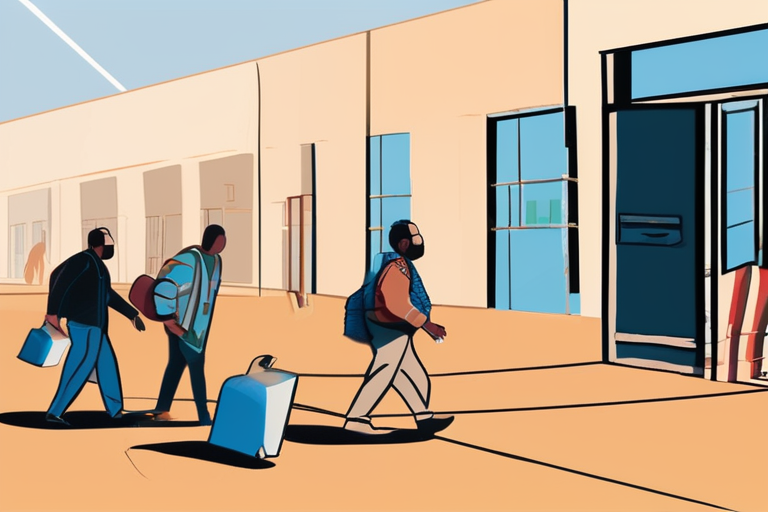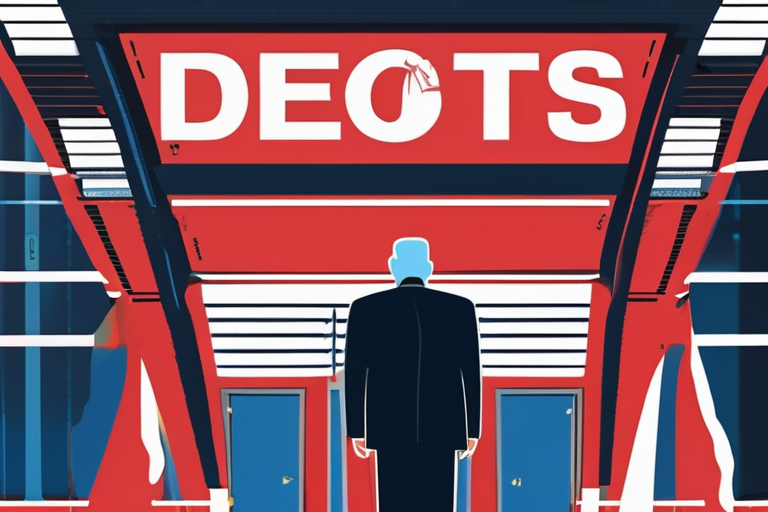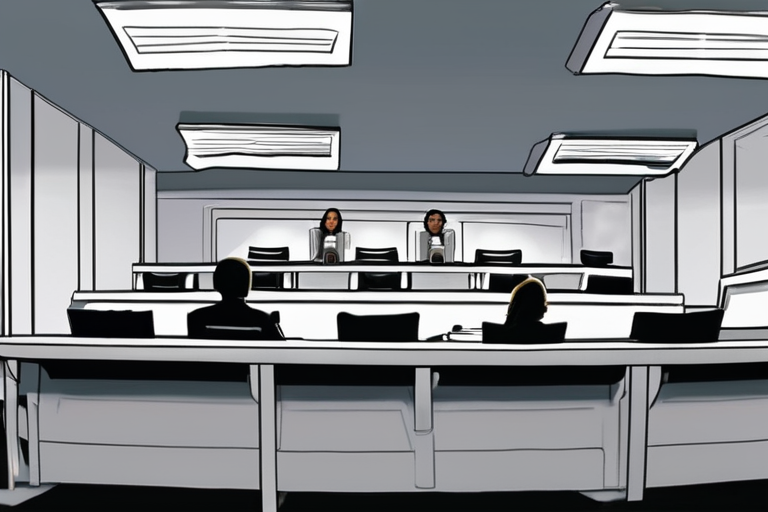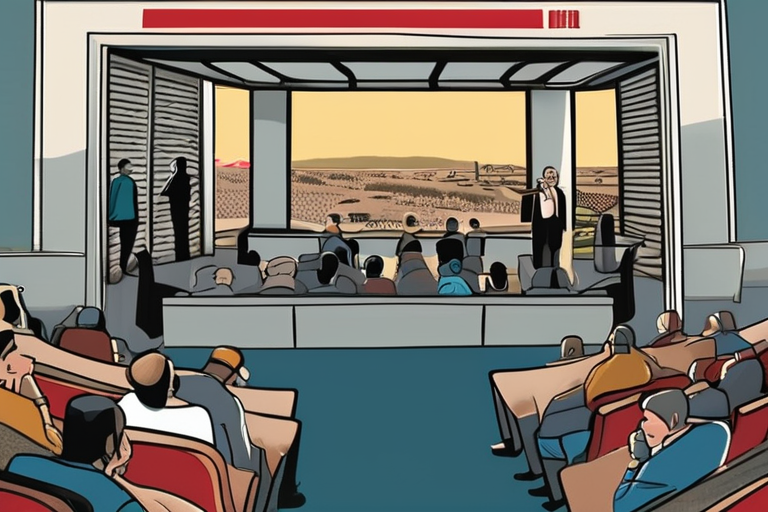Democrats Face Mounting Pressure to End 34-Day Shutdown Amid Gaza Evacuation Orders


Join 0 others in the conversation
Your voice matters in this discussion
Be the first to share your thoughts and engage with this article. Your perspective matters!
Discover articles from our community

 Hoppi
Hoppi

 Hoppi
Hoppi

 Hoppi
Hoppi

 Hoppi
Hoppi

 Hoppi
Hoppi

 Hoppi
Hoppi

BREAKING NEWS Developing: Democrats Face Intensifying Pressure to End Shutdown Amid Gaza Evacuation Orders The White House has announced the …

Hoppi

Government Shutdown: Democrats' Motive Behind Closure Revealed The federal government shut down on October 1, 2025, after Congress failed to …

Hoppi

BREAKING NEWS Federal Government Shutdown Enters Day 10, Permanent Cuts Loom as Politics Intensify President Trump has announced plans to …

Hoppi

US Government Shutdown Enters Second Day, Mass Layoffs Loom The US government shutdown entered its second day on Thursday, with …

Hoppi

Pressure on Democrats Grows to End Shutdown as Gaza City Receives Evacuation Orders The pressure on Democrats to end the …

Hoppi

Government Shutdown and Free Speech Showdown: A Battle for Power and Policy A federal government shutdown took effect on Wednesday, …

Hoppi